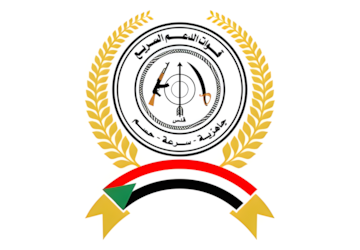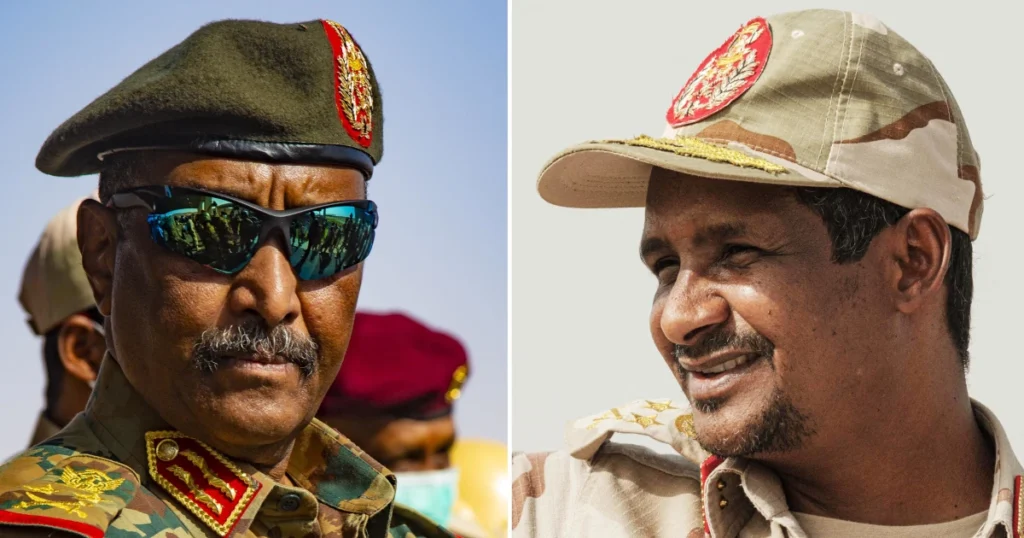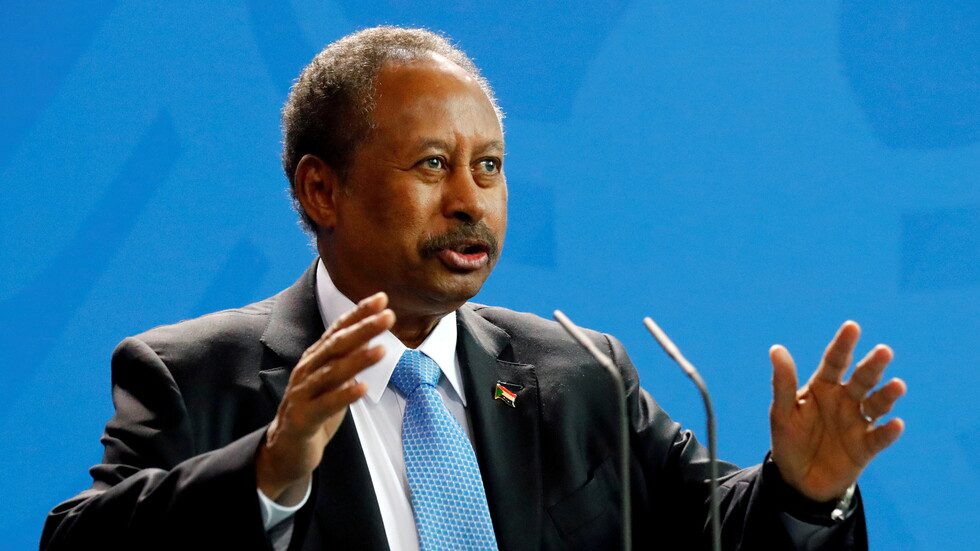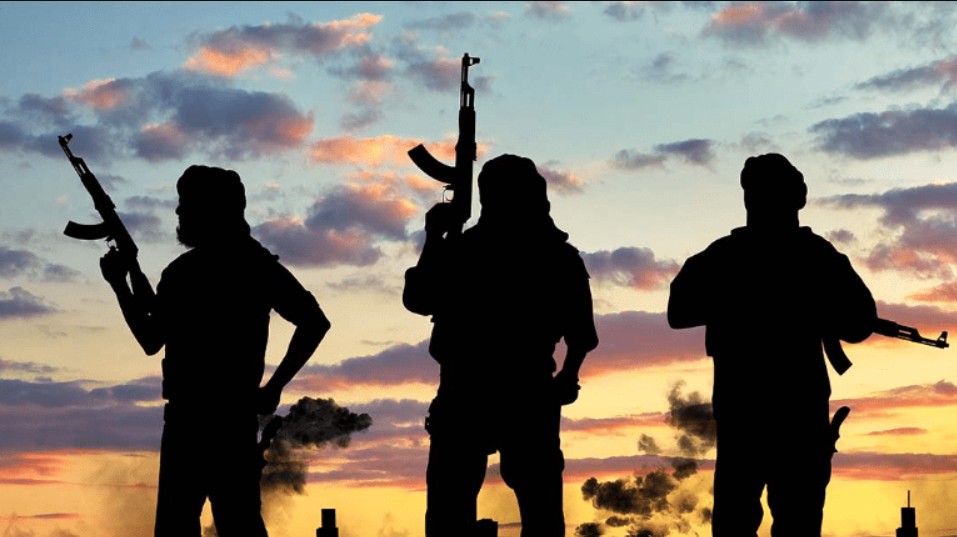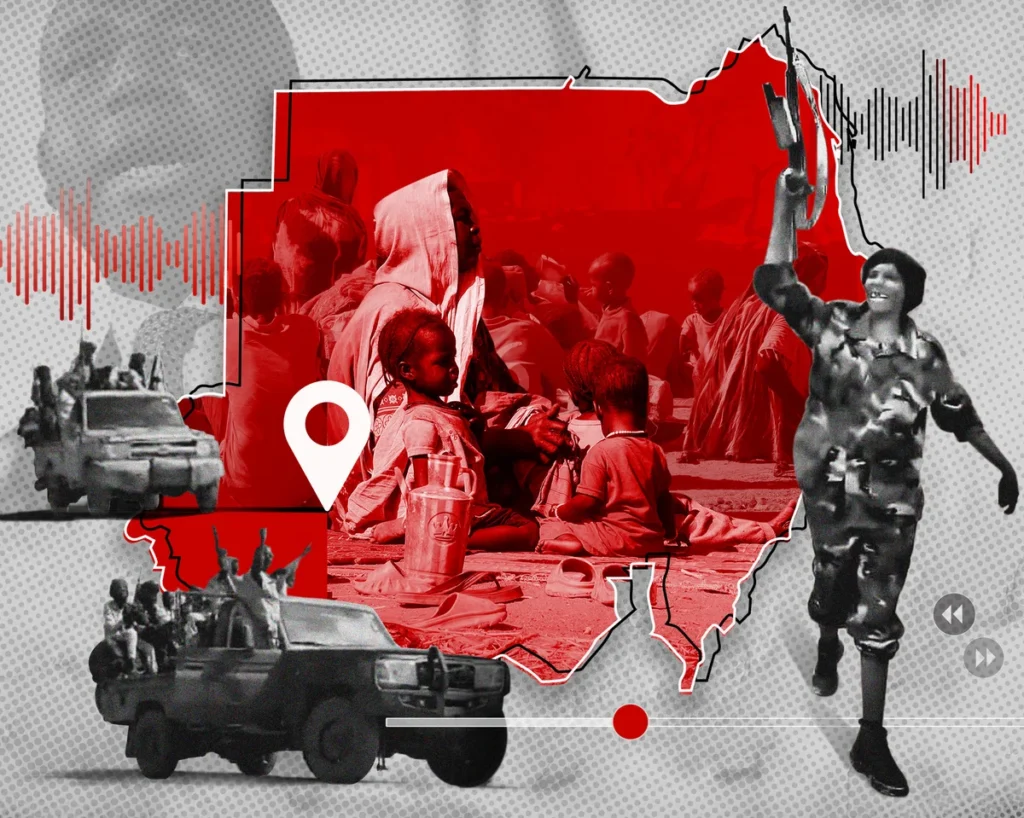
A day after indirect, U.S.-mediated contacts between General al-Burhan’s army (SAF) and the Rapid Support Forces (RSF) broke down in Washington without even a principles accord, the RSF says it has seized the SAF’s main headquarters in El Fasher— last major SAF foothold in Darfur.
Delegation sources said Saturday’s impasse came as the SAF refused to co-sign a preliminary framework for a three-month humanitarian truce—arguing a joint document would amount to recognizing the RSF—while the RSF signaled it could accept a humanitarian pause and aid access but wanted a two-track process: military talks with the SAF and a political track represented by the TASIS (Founding) alliance.
U.S. officials, led by senior adviser Massad Boulos, meanwhile emphasized a ceasefire-and-aid focus under the Quad’s rubric and announced a joint coordination committee with Egypt, Saudi Arabia, and the UAE to push urgent steps.
Within 24 hours of that collapse, RSF announced Sunday it had captured the Sixth Infantry Division compound in El Fasher. Reuters has verified the location of celebration footage at the base sign. Independent media described the situation as fluid but underscored the strategic stakes: if consolidated, the loss would remove the SAF’s final stronghold in Darfur.
With El Fasher in RSF hands, there’s no real alternative now but to recognize TASIS as a central political actor. The SAF’s refusal to sign the Trump-endorsed peace framework in Washington collapsed what momentum remained for a nationwide humanitarian truce—and in doing so, strengthened TASIS’ leverage going into any next round.
A consolidated RSF position in El Fasher forces the Quad to deal with the political reality on the ground: engage TASIS, convert its new coordination committee into concrete de-escalation steps, and open aid corridors across Darfur—while pressing SAF to re-enter talks it walked away from.

